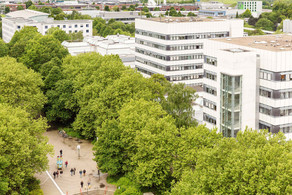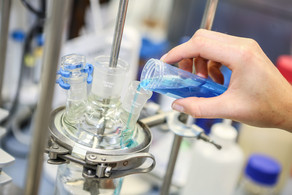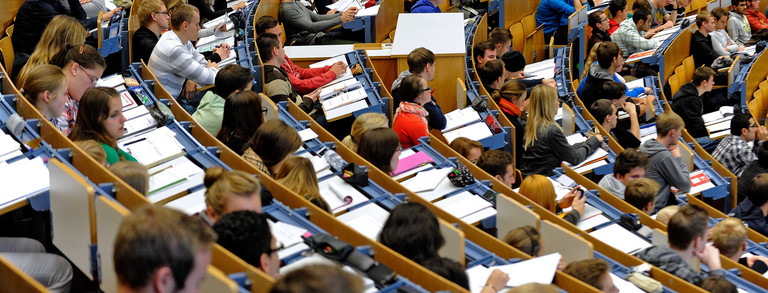Course Content
Structure of a chemical production plant, organic and inorganic feedstock and base chemicals of chemical indus-try, production of synthesis gas, steam cracking. Commercially important examples of intermediate and final products in C1-, C2-, C3-, C4- and aromatic chemistry: especially different plastic materials (thermoplastic and thermo-setting), rubbers, detergents, dyestuffs.In the tutorials the subject matter of the lectures is discussed together with the participants, mainly using con-trol questions which the participants get as hardcopy. Additionally, example calculations are performed (e.g. synthesis, design and flowsheeting of production processes for vinyl chloride, styrene, and phenol).
Aquired competences
The students acquire knowledge of the most important production processes and an understanding of the de-pendencies within the chemical industry from the point of view of chemistry as well as of chemical engineering. This is needed as a basis for advanced courses in chemical engineering during the following semesters of the PSE master studies.
Further Details
| Exam | Oral (or written) - 30 (120) min |
| Preliminaries | Basicknowledge of chemistry and chemical engineering. |
| Literature | A. Jess, P. Wasserscheid, Chemical Technology, Wiley-VCH, 2013. P. C. J. Kamer, D. Vogt, J. W. Thybaut (Eds.), Contemporary Catalysis – Science, Technology, and Applications, RSC, 2017. The slides of the course and any additional materials such as literature lists and website recommendations will be published in the virtual workrooms in Moodle provided for this purpose. Details will be announced at the beginning of the course. |
Only the information found in the LSF and the most recent edition of the Modulhandbuch der Fakultät Bio- und Chemieingenieurwesen is binding. The content on this page may not reflect the most up-to-date information.





